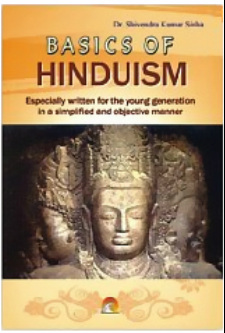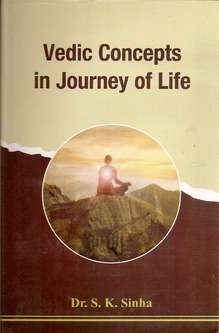Basics of Hinduism
HINDUISM
|
Introduction:
Hinduism, the world's oldest surviving religion or it is appropriate to say it is not just a religion, but a way of life as well. We prefer to call our religion as 'Sanatan Dharma'. The word 'Sanatan' means eternal and 'Dharma' means nutural law. The word Hindu has originated from Persian language. Persians who came to India used this term to identify the inhabitants along the river Sindhu (Indus) in the north-west of India. 'Sa' in Persian is pronounced as 'Ha'; hence Sindhu is pronounced as Hindu. We Hindus believe in one 'Absolute Spirit' or 'Supreme Power' and the different gods are just manifestations of His different attributes. |
Hinduism does not have a single founder, creed or prophet like in Christianity or Islam. There is no single holy book, but a multitude of scriptures, such as Vedas, Upanishadas, Puranas and epics like Mahabharatha & Ramayana, which deal with the concepts of beliefs, rituals and spiritual aspects, as well as the way of life.
Hinduism does not have a central authority or bureaucratic structure. It is also unique in the sense that it has accomodated in its folds, the religious & cultural perspectives other than its own, resulting in a wider variety of ideas and practices. Although there is quite a bit of diversity in the practices of Hindus, there is unity in its concepts and that is why Hinduism is often described as 'unity in diversity'. |
|
Features:
Hinduism represents a wide spectrum of beliefs and practices ranging from worship of trees & stones on one hand to very profound, abstract and metaphysical speculations on the other. It has evolved from the multiplicity of ideas, which have largely never been discarded, but have been retained alongside each other. At the philosophical level, it is impossible to categorise Hinduism into any particular belief system like, monotheism, pantheism, theism, monasticism and so on.. Hinduism is perhaps of of these and much beyond these systems. We believe in a transcendent God, beyond the Universe. We believe in the existence of 'Atman' or 'Soul', which is eternal, invisible and immortal. Dharma & Karma are two major concepts of Hinduism. We believe that every individual has to pass through a series of lives & deaths (reincarnation) either on earth or elsewhere in the Universe before one obtains 'Moksha' or 'Liberation', which is the ultimate aim of every Hindu which unites him with the Absolute Reality, the Eternal, Universal Spirit. There are some eminent moral tenets of Hinduism, such as purity, self-control, truth, non-violence and detachment. |
Purity, here refers to both ceremonial purity and moral purity. Purification baths, ceremonials and regulations regarding food & drink prescribed in Hindu scriptures are meant to lead to purity of mind & spirit.
Self-control implies both, the control of flesh & control of mind. It takes into account all the factors of human personality - the body, the mind, soul and spirit - and prescribes a graded disciplines for all. Truth as a cardinal virtue in Hinduism means more than just truthfulness. It means the eternal reality. Pursuit of truth, wherever it may lead to and whatever sacrifices may need to be made, is indispensable for the progress of mankind. Non-violence is always associated with truth, and the two together are considered to be the highest virtue. Detachment is the higher of self-control. It means to overcome what is evil in life and also become independent of what is good, including family ties, domestic affections, and so on... |



